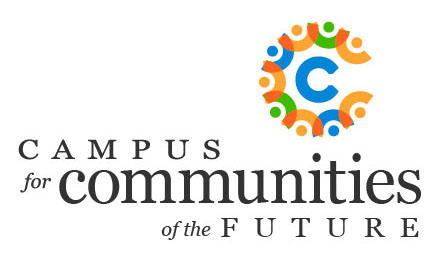I can’t remember how we were first introduced, but I can tell you that when we sat down over coffee, I learned Yvonne Fizer is an intelligent, energetic woman who is passionate about supporting entrepreneurs.
At our first meeting she handed me a strangely titled book called Ripples from the Zambezi and suggested I read it if I wanted to know more about the work she was doing with others to support business enterprise.
She went on to explain it was a book written by an Italian named Ernesto Sirolli, who first learned about business development in Africa, honed it in a remote area of Australia, and then moved to the United States to spread his learnings before Yvonne introduced he and his work to Canada.
So to be honest, I’m thinking, “Really?”
As a community builder, I work with many people who want to strengthen their local economy and see the growing importance of entrepreneurs. But, the reality is that starting up and sustaining a business is hard work.
And, even though many government programs, economic developers and other community organizations have been established to provide assistance, they aren’t always effective in motivating and supporting people.
Instead of trying to motivate, Sirolli, as well as the many facilitators he has trained, become coaches and advocates for anyone who is serious about starting or expanding a business enterprise.
By understanding that economic development is about people and their personal growth and self-actualization, Sirolli ignored accepted thinking and top down methodologies. In doing so, he created effective coaching and an enviable track record of success.
The strategy Sirolli teaches to communities often involves a committed volunteer local board, who hires an “enterprise facilitator” who is then trained by Sirolli.
Unlike most business developers, the facilitator doesn’t initiate projects or even promote good ideas. Instead, he or she responds to the interests and passions of self-motivated people, for free and in confidence.
A critical part of their coaching is helping the potential entrepreneur understand that a successful business needs to pay attention to three distinct areas (1) the actual product, (2) marketing and (3) financial management. But perhaps even more important, is promoting an understanding that no one is ever going to be good at all three.
Because no one has an equal passion for product, marketing, and financial management — all of which are essential — the secret of success and survival for a business of any size is not to get better at what you hate, but instead to find people who love to do what you hate.
As a result, the facilitator and the local board also promote networking that helps people form teams to advance the entrepreneur and their business. It definitely suggests an “it takes a village” kind of approach.
The ultimate result is a civic economy where people understand that when we help one another to succeed, we all win because our community gets stronger, healthier and more vibrant.
The message is that grassroots-up, person-centered, responsive economic development works. And, if it is well understood and community-driven and led, it works better than anything else. When a community can help motivated people succeed, the motivation and success travels.
Perhaps Sirolli puts it best, “The future of every community lies in capturing the energy, imagination, intelligence and passion of its people.”
